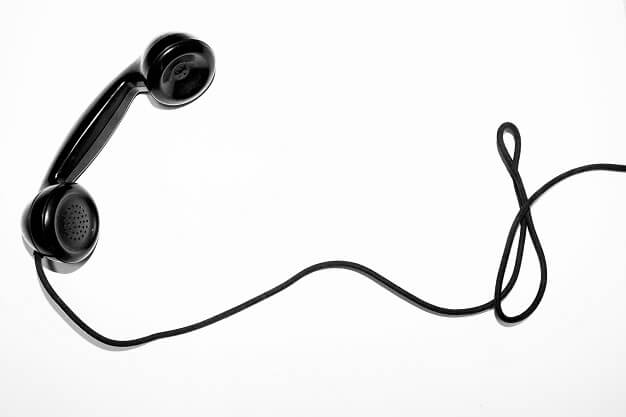The D.C. Circuit issued its much-anticipated ruling paring back the FCC’s 2015 Omnibus TCPA Declaratory Ruling and Order (“Omnibus Order”). The opinion: (1) invalidated the FCC’s interpretation of “autodialer” under the TCPA; (2) determined that the FCC’s one-call safe harbor for reassigned numbers was arbitrary and capricious; (3) upheld the FCC’s determination that a consumer may revoke consent through any reasonable means; and (4) upheld the FCC’s exemption for time-sensitive healthcare calls.
First, the court set aside the FCC’s definition of automatic telephone dialing system (“autodialer”) as unclear and unreasonable. The FCC defined autodialer to include any device that could be modified to function as an autodialer. Because such definition would capture any ordinary smartphone, the court held such definition conflicted with the congressional intent to simply limit telemarketing calls from solicitors. The court further ruled that the FCC failed to adequately explain what it means to be an autodialer, i.e. what it means to “store or produce telephone numbers to be called, using a random or sequential number generator”; and “to dial such numbers.” The court identified the following unanswered questions regarding autodialers under the Omnibus Order—questions that require clarification by the FCC:
- Must the device itself have the ability to generate random or sequential telephone numbers to be dialed? Or can it call from a database of telephone numbers generated elsewhere?
- Must the device be able to dial without “human intervention?”
- Does the TCPA’s autodialer restriction apply to calls made on an autodialer, but without using the automated functions?
Second, the court ruled that the FCC’s one-call safe harbor was arbitrary and capricious. Under that one-call safe harbor, if a business calls a telephone number for which consent has been provided—but that telephone number has been reassigned to another consumer—the business is not liable for the first telephone call. The business would, however, be strictly liable for all subsequent calls—even if the business had no reason to know the number has been reassigned. The one-call safe harbor was deemed arbitrary and capricious because the FCC failed to explain why a party should be liable when it has no reason to know of reassignment.
Though the court did not decide how the TCPA should apply to reassigned telephone numbers, it did observe in dicta that the FCC is on the right track. The FCC has sought comment on a central reassigned phone numbers database. The FCC is also considering “whether to provide a safe harbor for callers that inadvertently reach reassigned numbers after consulting the most recently updated information.” The court stated that such a method could be a reasonable way to handle reassigned phone numbers.
Third, the court upheld the FCC’s regulations on how consumers can revoke consent under the TCPA. In the Omnibus Order, the FCC ruled that (1) businesses may not restrict how consumers can revoke consent and (2) consumers can revoke consent through any “reasonable means.” In upholding the regulations, however, the court also observed that revocation of consent is not unbounded—the method used must be reasonable. It opined that if a business provides clearly defined opt-out methods, any attempt to use “idiosyncratic or imaginative” methods may be seen as unreasonable. The court also observed that while businesses cannot unilaterally dictate how consent can be revoked, the parties can agree to limit the methods of revocation by contract.
Finally, the court upheld the FCC’s narrow TCPA exemption for certain healthcare-related calls. The existing exemption includes calls that have a healthcare treatment-related purpose and for which there is exigency. Debt collection calls were not exempted. The court rejected a challenge to the scope of this exemption, finding it reasonable and not in conflict with other laws like HIPAA.
Though the court invalidated the FCC’s autodialer definition and one-call safe harbor rule, the court did not provide a new definition or a new rule. Resolution of this ambiguity will be left to lower courts and the FCC. If the FCC takes action, we expect new regulations to be friendlier to businesses given that a majority of the FCC Commissioners praised the court’s ruling.


